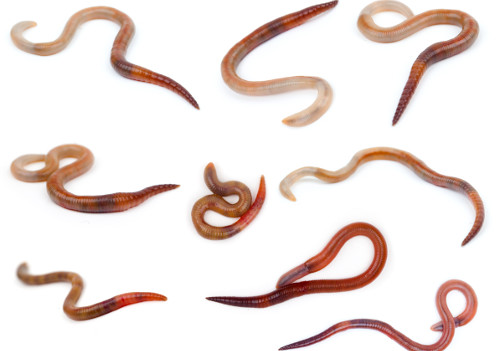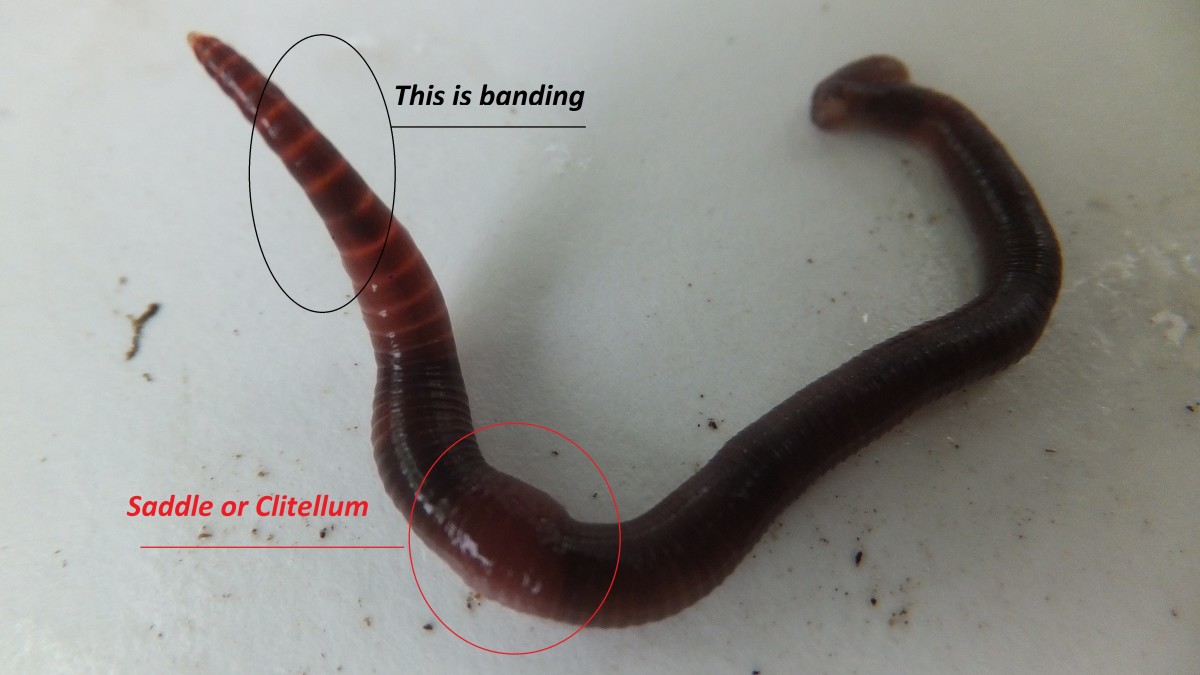Red Wiggler Worms - Enhance Your Dirt Wellness Naturally
Red Wiggler Worms - Enhance Your Dirt Wellness Naturally
Blog Article
Red Wiggler Worms Demystified: Unlocking the Tricks of Vermiculture for Greener Living and Nutrient-Rich Dirt
In the world of sustainable techniques for enhancing soil high quality and promoting eco-conscious living, red wiggler worms play a crucial yet commonly ignored role. Red Wiggler Worms. Recognizing the ins and outs of caring for these worms, optimizing their setting, and using their castings can lead to a greener way of living and healthier dirt for plants to flourish.
The Function of Red Wiggler Worms
Red Wiggler worms play an important role in composting systems by successfully damaging down raw material into nutrient-rich spreadings. These starved eaters consume a selection of organic materials, such as kitchen area scraps, lawn waste, and paper products. As they feed, the worms' digestive processes damage down the raw material right into a fine, dark, and nutrient-dense product understood as worm spreadings or vermicompost.
The castings generated by Red Wiggler worms are highly helpful for soil wellness and plant development. They are abundant in crucial nutrients like phosphorus, nitrogen, and potassium, which are essential for supporting healthy plant advancement. In addition, worm spreadings contain useful microorganisms and enzymes that aid boost dirt framework, rise water retention, and boost nutrient uptake by plants.
Advantages of Vermicomposting

Additionally, vermicompost, the nutrient-rich output of vermicomposting, acts as an outstanding natural fertilizer and dirt conditioner. It improves soil framework, enhances dirt aeration, and increases dirt moisture retention. These homes add to much healthier plants with stronger origin systems and much better resistance to illness and insects. Vermicompost additionally enhances the dirt with crucial nutrients like nitrogen, phosphorus, and potassium, promoting plant development and overall soil fertility.
In addition, vermicomposting supports sustainable horticulture techniques by providing a chemical-free and natural choice to synthetic plant foods. Red Wiggler Worms. This eco-friendly method not just improves the dirt however additionally helps in reducing dependence on damaging chemicals, advertising a greener and much more sustainable means of horticulture
Establishing a Worm Bin
When establishing a worm bin for vermicomposting, appropriate configuration is vital to make sure the success of the composting procedure. The initial action in setting up a worm bin is selecting a suitable container.
After adding the bed linen, introduce click for more info the red wiggler worms to the container. The worms ought to then be provided with food scraps such as fruit and vegetable peels, coffee premises, and eggshells.
Regularly keep track of the wetness levels and temperature in the worm bin to make certain optimal problems for the worms. With appropriate configuration and maintenance, the worm bin will effectively convert natural waste into nutrient-rich garden compost for your plants and garden.
Harvesting Worm Spreadings
To effectively collect nutrient-rich worm castings from your vermicomposting system, an organized harvesting approach is important. When it comes time to gather the worm spreadings, there are a couple of vital steps to follow to make sure an effective procedure.

Troubleshooting Common Issues
Recognizing and addressing common challenges that may occur during the vermicomposting process is essential for preserving a healthy and balanced and effective worm container. Including excess food scraps can lead to a buildup of moisture and acidity in the worm bin, potentially harming the worms. One more problem is undesirable smells rising from the worm bin.
Additionally, if the worm populace is decreasing or the worms appear unhealthy, it could be as a result of ecological stress factors such as extreme temperatures useful site or pH levels. Keeping track of these variables and making needed modifications is vital for the well-being of the worms. By repairing these typical problems promptly, vermicomposters can ensure a effective and smooth vermicomposting process while keeping a growing worm population.

Final Thought
In verdict, red wiggler worms play an important function in vermiculture by damaging down natural matter into nutrient-rich soil. Establishing up a worm bin is vital for successful vermiculture, and harvesting worm spreadings offers important compost for horticulture.
As they feed, the worms' digestive system procedures break down the natural issue right into a fine, dark, and nutrient-dense material recognized as worm spreadings or vermicompost.
The castings generated by Red Wiggler worms are very valuable for dirt health and plant development. Adding excess food scraps can lead to a buildup of dampness and acidity in the worm container, potentially damaging the worms.Furthermore, if the worm population is decreasing or the worms appear undesirable, it could be due to ecological stressors such as severe temperatures or pH degrees. Setting up a worm bin is essential for effective vermiculture, and harvesting worm spreadings offers beneficial garden compost for horticulture.
Report this page